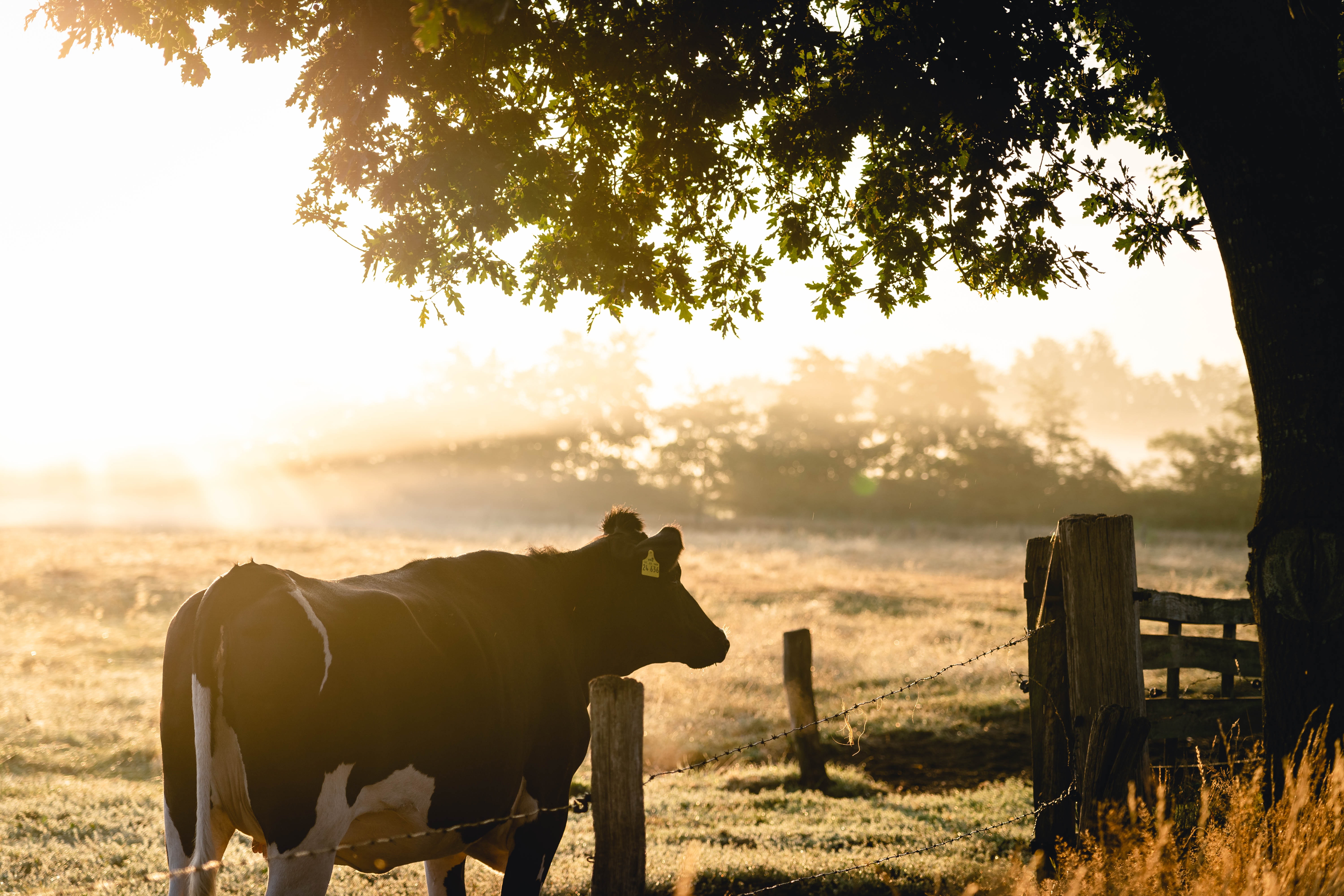Conscious Consumerism: Changing the World for Animals

Our daily purchasing decisions have a significant impact on animals and their well-being. Conscious consumerism, the thoughtful and deliberate action of choosing cruelty-free products and businesses, can benefit both animals and our environment. In this blog post, we will explore the power of conscious consumerism and present practical strategies for making more sustainable choices in everyday life.
The Impact of Consumer Choices
Our consumption choices greatly affect animal welfare. Industries such as factory farming, cosmetics, and fashion often involve cruel practices that harm animals, including intensive confinement, poor living conditions, and unnecessary testing. By choosing cruelty-free products and supporting ethical companies, we can promote higher animal welfare standards and lessen the demand for products that cause harm.
Understanding the Labels
To make informed decisions as a conscious consumer, it’s important to understand the various labels and certifications on products. Some of the most common animal-friendly labels include:
- Leaping Bunny certified – This label guarantees that the product and its ingredients are free of animal testing.
- Certified Vegan – This certification ensures that the product does not contain any animal-derived ingredients and is not tested on animals.
- Cruelty-Free – This label indicates that the product was not tested on animals, but it may still contain animal-derived ingredients.
Reducing Your Reliance on Animal-Based Products
One powerful way to make a difference for animals is to reduce or eliminate your consumption of animal-based products. This includes dairy, eggs, and meat. By adopting a plant-based diet, you can dramatically decrease the demand for products that involve animal suffering. Additionally, several plant-based alternatives provide cruelty-free options without sacrificing taste or nutrition. Deciding to go vegan can immensely contribute to a significant positive impact on animal welfare and the environment, and can even improve your health as well.
Promoting Animal Welfare
Here are some practical strategies for embracing conscious consumerism and promoting animal welfare through your purchasing habits:
- Conduct thorough research on brands and companies before making a purchase. Look for those that are transparent about their animal welfare policies and hold ethical standards across their supply chains.
- Share your findings with friends and family, promoting awareness of cruelty-free products and the importance of supporting ethical businesses.
- Make your voice heard! Contact companies that don’t adhere to ethical standards and politely express your concerns. Companies are often receptive to consumer feedback and may make changes as a result.
- Practice mindfulness when shopping. Consider the impact of impulse purchases and resist the temptation to buy items you don’t really need, as they may contribute to animal suffering.
Shopping Guides and Apps
Fortunately, there are several resources available to help you make wise and cruelty-free purchasing decisions. Utilize shopping guides and smartphone apps that direct you to ethical products and businesses. Popular apps such as Cruelty-Cutter, Bunny Free, and Happy Cow provide up-to-date information on companies with cruelty-free policies and help you locate vegan and vegetarian-friendly establishments in your area.
Ethical and Sustainable Fashion
Within the fashion industry, cruelty is not limited to the use of fur and leather. The fast-fashion movement often involves exploitative labor practices and environmental destruction. Support ethical and sustainable fashion brands that emphasize animal welfare, fair working conditions, and eco-friendly production methods. These companies are at the forefront of positive change in the fashion industry and pave the way for a more compassionate and sustainable future.
Advocacy Groups
One way to further support animal welfare is to get involved with advocacy groups and organizations that work to promote cruelty-free practices and policies. These groups often offer resources and campaigns to help you make the best choices for animals. Examples of such organizations include the Humane Society of the United States, Cruelty-Free International, and Animal Equality.
Benefits for the Environment
Adopting a cruelty-free lifestyle has a positive impact on not only animals but also the environment. Many of the industries that harm animals, especially animal agriculture, contribute to deforestation, water pollution, and greenhouse gas emissions. By choosing to consume more ethically, you are helping reduce your personal carbon footprint and promote a more sustainable future.
Conclusion
Each and every purchasing decision we make has the power to shape the fate of animals and our environment. By practicing conscious consumerism, researching ethical businesses, and advocating for cruelty-free practices, we can create positive change and improve the lives of animals everywhere. Embrace the power of your choices and make a difference for animals and the planet today.
